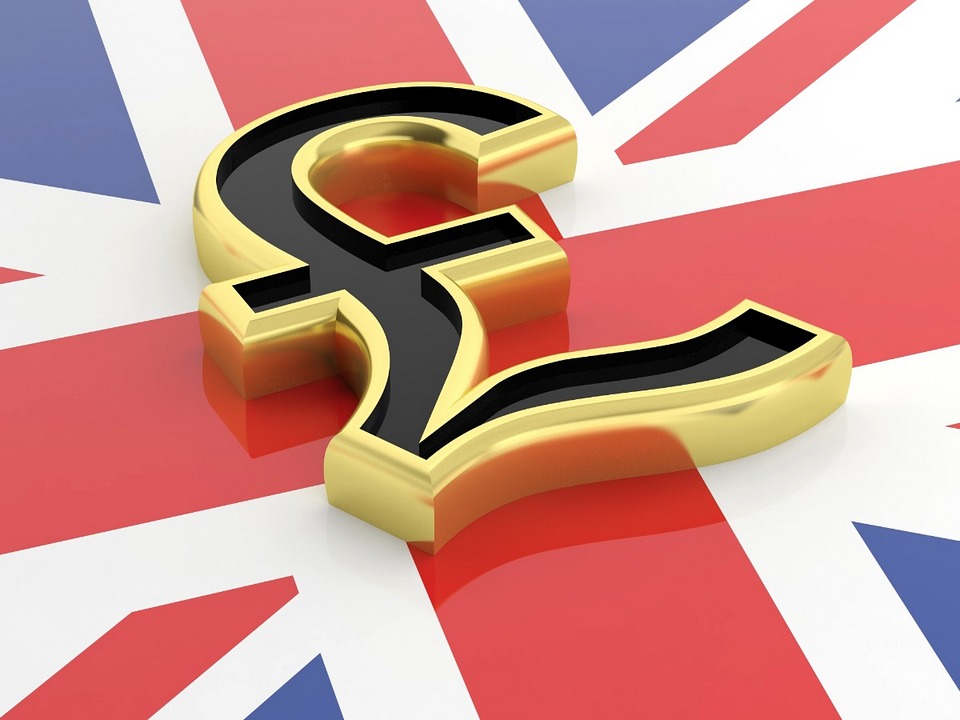
The British pound faces significant downwards pressure today even after the Bank of England raised interest rates to one percent whilst slashing economic growth targets. There are fears that inflation could reach 10 percent this year together with a poisonous mix of economic recession coupled with balance of trade problems. The Bank says that the war in Ukraine is just one factor overall, although its contribution to higher fuel prices is dominant.
The pound is currently trading at around US$1.24 which is its lowest level for around two years. The rate could be tested at US$1.20 within weeks. Commentators say that Britain’s early success in inoculating its citizenry quickly against coronavirus created a bounce as the world’s vaccine currency, but that particular impetus has now been lost. Meanwhile, the US dollar is attractive as a home for the world’s hot money as a presumed safe-haven in times of international crisis.
Meanwhile, the pound is declining against the Thai baht with foreign exchange counters currently offering little over 42 of the Thai currency. The rate has declined since January 9 2022 when the inter-bank rate was 45.7. There is currently confidence that Thailand’s booming number of international visitors will continue thanks to the recent abolition of the Test and Go health-test bureaucracy. There could follow a cancellation of pre-flight registration on Thailand Pass within the next two months.
International tourism is responsible for around 12 percent of Thailand’s gross domestic product. Although economic growth forecasts in 2022 have been cut by the Ministry of Finance, exports (which are a key driver of the Thai economy) are rising to 6 percent compared with 3.6 percent last year. Although Thailand is currently facing political uncertainty and parliamentary infighting, they concern only events in Bangkok and don’t traditionally affect the value of the baht. Historically, the Thai baht has even ignored military coups.
 |
 |
 |





